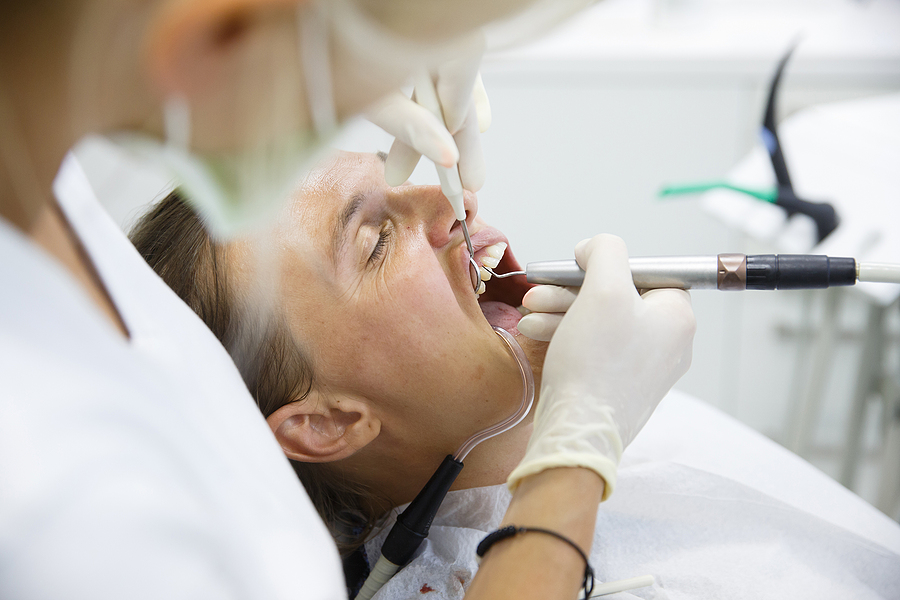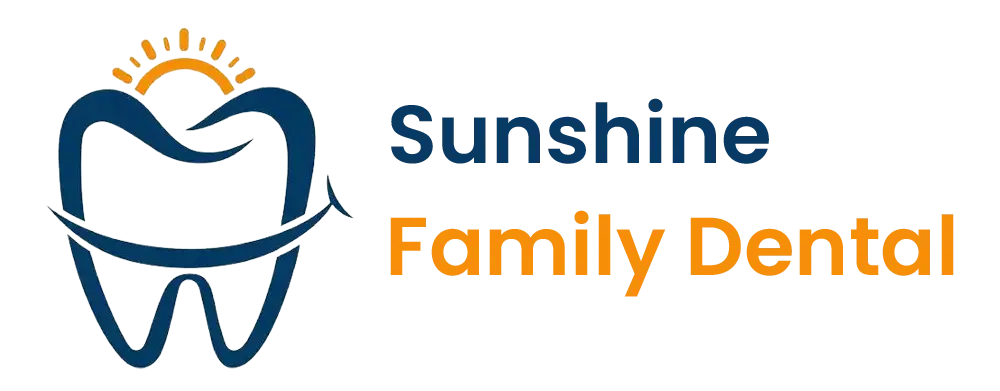Please reach out to our dental practice in Pleasanton, CA, to have a consultation with our dentist Pleasanton CA, Dr. Dogra. Please call us at (925) 600-9006 or schedule an online consultation, and we’ll guide you further.

Indicators of Gum Disease: When to Consult a Periodontist
Gum disease is more common than you might think, and its impact can be far-reaching. Many people underestimate the importance of their gum health, but it plays a crucial role in overall well-being. If you've noticed changes in your gums or oral health, it could be time to pay attention. Whether you're experiencing discomfort or simply want to keep your smile bright and healthy, understanding gum disease is essential.
In Pleasanton, CA, where smiles matter just as much as sunshine-filled days, being proactive about gum health can prevent serious issues down the line. Let’s dive into what gum disease really is and how you can recognize its warning signs before it escalates. Your gums deserve care, so let’s explore how to give them the attention they need!
Understanding Gum Disease and Its Causes
Gum disease, or periodontal disease, is a bacterial infection that affects the tissues surrounding your teeth. It begins with plaque buildup—an invisible layer of bacteria that forms on your teeth. If not removed through regular brushing and flossing, it can harden into tartar.
Several factors contribute to gum disease. Poor dental hygiene is the most significant cause, allowing bacteria to thrive. Genetics also play a role; some individuals are more prone to developing this condition than others.
Hormonal changes during pregnancy or menopause can increase susceptibility as well. Additionally, medical conditions like diabetes weaken your immune response, making it harder for the body to fight infections in the gums.
Lifestyle choices impact gum health too. Smoking and excessive alcohol consumption hinder blood flow and diminish healing capabilities in gum tissue. Recognizing these causes helps you take preventive measures early on.
Common Symptoms of Gum Disease
Gum disease often sneaks up on you without obvious warning signs.
- One of the first symptoms to notice is swollen or inflamed gums. They might appear redder than usual and feel tender when touched.
- Another common indicator is bleeding during brushing or flossing. This can be alarming, but many people dismiss it as a minor issue. If this happens regularly, it's time to pay attention.
- Persistent bad breath is another symptom linked with gum disease. Even after brushing, that foul odor may linger, signaling an underlying problem.
- You may also experience gum recession, where your gums slowly pull away from your teeth, making them look longer than normal. Tooth sensitivity can accompany this as well, leading to discomfort when consuming hot or cold beverages.
If any of these issues sound familiar, consider seeking advice from a dental professional who specializes in gum health.
Risk Factors for Developing Gum Disease
Several factors can elevate the risk of developing gum disease.
- Poor oral hygiene is a primary culprit. Neglecting regular brushing and flossing allows plaque to build up, leading to inflammation.
- Tobacco use significantly heightens this risk. Smokers are more likely to experience gum issues due to compromised blood flow and reduced healing capacity.
- Certain medical conditions also contribute. Diabetes, for instance, can affect your body’s ability to fight infections, making gums more vulnerable.
- Hormonal changes during pregnancy or menopause may increase sensitivity in the gums as well, adding another layer of concern for women.
- Genetics play a role too; if you have family members with gum disease, your risk might be higher. Understanding these factors is vital in taking proactive steps toward maintaining healthy gums in Pleasanton, CA.
Importance of Seeking Treatment from a Periodontist
Seeking treatment from a periodontist is crucial when it comes to gum disease. These specialists have extensive training in diagnosing and managing periodontal issues. Their expertise allows for tailored treatment plans that address the specific needs of each patient.
Ignoring gum disease can lead to severe consequences, including tooth loss and systemic health problems. Periodontists not only focus on treating existing conditions but also emphasize prevention strategies.
They utilize advanced techniques and technologies that general dentists may not provide. This ensures more effective treatments with faster recovery times.
Regular visits to a periodontist can help maintain gum health, reducing the risk of complications down the line. With their guidance, you gain access to valuable resources for better oral hygiene practices at home, too. Ensuring your gums remain healthy is essential for preserving your overall dental well-being.
Types of Treatments Available for Gum Disease
When it comes to treating gum disease, various options are available depending on the severity of the condition.
For mild cases, professional dental cleanings can effectively remove plaque and tartar buildup. Regular visits can help prevent further deterioration.
As gum disease progresses, scaling and root planing become necessary. This deep cleaning procedure targets both above and below the gum line, smoothing out rough areas on tooth roots where bacteria thrive.
In more advanced stages, surgical interventions may be required. Procedures like flap surgery or bone grafts can restore supportive tissues around teeth.
Antibiotic treatments might also be prescribed to combat infection. These could include topical gels or oral medications that fight bacteria directly in affected areas.
Customized treatment plans ensure each patient receives care tailored to their unique situation, promoting healthier gums over time. Contact us to learn more.
Tips for Maintaining Healthy Gums
Maintaining healthy gums is essential for overall oral health.
- Start with a consistent brushing routine. Aim for twice a day, using fluoride toothpaste to help prevent decay.
- Flossing should be part of your daily ritual. It removes food particles and plaque from between teeth, areas that brushes can miss. Don’t overlook the importance of mouthwash; it can rinse away bacteria and leave your breath fresh.
- Diet plays a significant role too. Incorporate plenty of fruits and vegetables into your meals. Crunchy options like apples or carrots can naturally cleanse teeth while providing vital nutrients.
- Regular dental check-ups are key as well. Visiting your dentist every six months helps catch issues early on before they develop into more serious problems.
- Avoid tobacco products—they contribute significantly to gum disease risk. Embracing these habits will set you on the path toward healthier gums in Pleasanton, CA!
Conclusion
Gum disease is a prevalent issue that affects many individuals, often without them realizing it. Recognizing the signs and symptoms early can make all the difference in treatment outcomes and overall oral health. If you notice any indicators such as bleeding gums or persistent bad breath, it's crucial to consult with a periodontist.
Understanding your risk factors is equally important; lifestyle choices can play a significant role in gum health. By seeking professional advice and care, you stand a better chance of reversing damage before it escalates.
There are various effective treatments available that cater to different stages of gum disease. From deep cleanings to more advanced surgical options, addressing issues promptly ensures healthier gums and teeth for years to come.
Additionally, maintaining good oral hygiene practices at home can significantly reduce your chances of developing gum disease in Pleasanton, CA. Regular brushing, flossing, and routine dental check-ups form the foundation for lasting dental health.
Taking proactive steps towards understanding and treating gum disease will lead you on the path to brighter smiles and healthier lives. Stay informed about your gum health—it’s an essential aspect of overall well-being.
Office Hours
MON - WED9:00 am - 5:00 pm
THUClosed
FRI9:00 am - 5:00 pm
SAT8:30 am - 2:30 pm
SUNClosed




comments